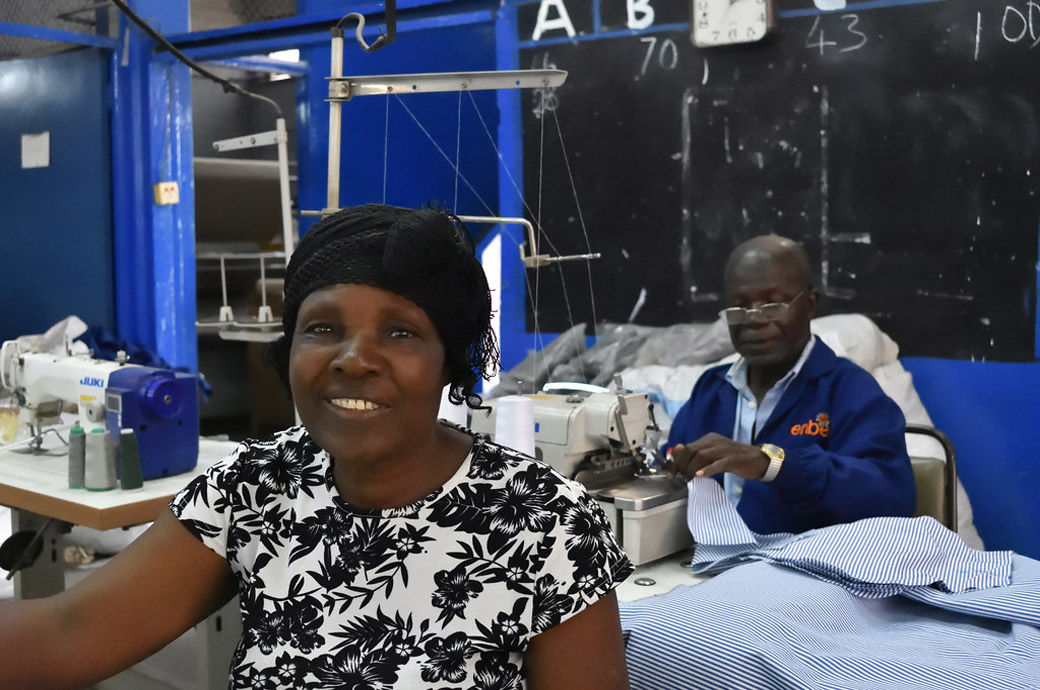The Nationwide Union of the Clothes Business (NUCI), affiliated with IndustriALL International Union, credit its member retention to an organising technique centered on improved industrial relations and collective bargaining. Nevertheless, the union continues to advocate for dwelling wages and higher working circumstances. At present, garment employees earn a minimal wage of $180, as set by the sectoral collective bargaining settlement, whereas the union is campaigning for dwelling wages exceeding $250.
“The union continues to supply providers to its members even underneath the unfavourable financial atmosphere. At coverage stage, we proceed to have interaction the federal government and municipalities on the revival of the textile and garment business by native procurement and sourcing insurance policies that create native jobs. We’re optimistic that with acceptable coverage interventions the garment industries can be revived,” stated Joseph Tanyanyiwa, the Nationwide Union of the Clothes Business, basic secretary, including that regardless of the dire financial state of affairs, there are glimmers of hope for the business.
The closure of garment factories in Zimbabwe resulting from an financial disaster has hindered commerce unions, with unemployment nearing 90 per cent.
Regardless of challenges, the Nationwide Union of the Clothes Business (NUCI) retains members by improved industrial relations and collective bargaining, advocating for dwelling wages above $250, at the moment set at $180.
“We commend the resilience of commerce unions in Zimbabwe’s textile and garment business who’re organizing underneath robust circumstances amid cost-of-living and financial crises. This underscores the significance of union dedication to at all times servicing members,” stated Paule France Ndessomin, IndustriALL regional secretary for Sub Saharan Africa.
Different Zimbabwean IndustriALL associates that organise within the textile, garment, shoe, and leather-based sectors are the Zimbabwe Textile Employees Union and the Zimbabwe Leather-based, Shoe, and Allied Employees Union.
Fibre2Fashion Information Desk (RR)

